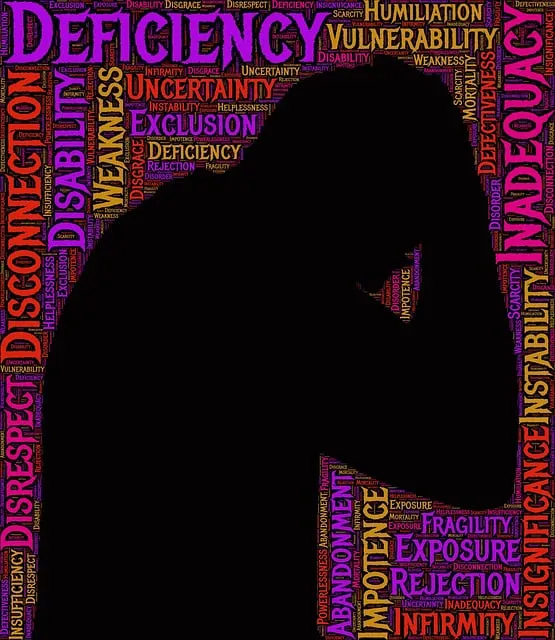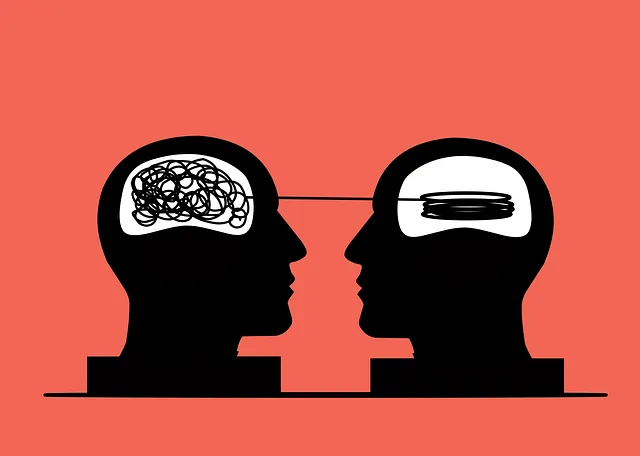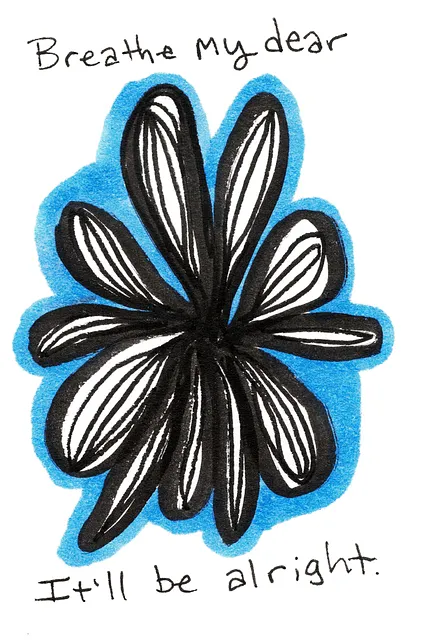Mental wellness group facilitation is a community-building strategy that enhances well-being, particularly in areas like Lone Tree with limited healthcare access. Professionals create safe environments through trust-building, open communication, and stress management tools, preventing burnout and boosting self-esteem. Kaiser's mental health services in Lone Tree offer holistic care by integrating physical and emotional support, including crisis intervention, resilience programs, and group sessions facilitating coping strategy education. This approach strengthens community resilience against life's challenges.
Mental wellness group facilitation is a powerful tool for fostering supportive communities and enhancing well-being. This article explores effective techniques and provides insights into how organizations, like Kaiser, are revolutionizing mental health support in areas such as Lone Tree.
We’ll delve into ‘Understanding Mental Wellness Group Facilitation’, discover ‘Kaiser’s Approach to Mental Health Services in Lone Tree’, and uncover ‘Effective Techniques’ that enable facilitators to create meaningful group experiences. Learn about evidence-based practices that can transform lives and communities.
- Understanding Mental Wellness Group Facilitation: A Framework for Supportive Communities
- Kaiser's Approach to Mental Health Services in Lone Tree: An Overview
- Effective Techniques for Facilitating Meaningful Mental Wellness Groups
Understanding Mental Wellness Group Facilitation: A Framework for Supportive Communities

Mental wellness group facilitation plays a pivotal role in fostering supportive communities, especially in locations like Lone Tree where access to services like those offered by Kaiser can be crucial for residents’ well-being. This approach goes beyond individual therapy, emphasizing group dynamics and collective support as powerful tools for mental health improvement. By facilitating these groups, professionals create safe spaces where individuals can connect, share experiences, and learn from one another, fostering a sense of belonging and understanding.
Effective facilitation techniques focus on building trust, encouraging open communication, and promoting active participation. Facilitators use various methods such as active listening, reflective questioning, and structured activities to enhance group cohesion and encourage positive interactions. These strategies not only aid in Burnout Prevention but also offer practical Stress Reduction Methods and support for Self-Esteem Improvement among members. Such initiatives can significantly impact the overall mental wellness of communities, making them more resilient and better equipped to navigate life’s challenges.
Kaiser's Approach to Mental Health Services in Lone Tree: An Overview
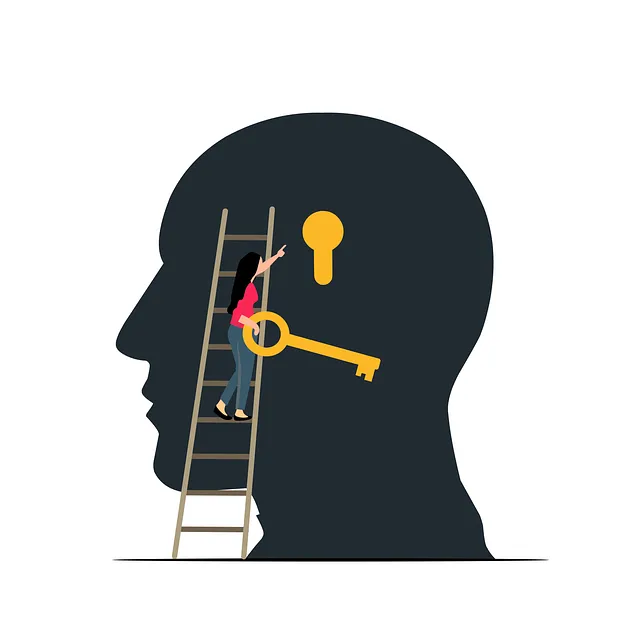
Kaiser’s Approach to Mental Health Services in Lone Tree offers a comprehensive and accessible framework for addressing community mental wellness needs. Known for its patient-centered care, Kaiser focuses on holistic well-being, integrating physical health services with mental health support. This dual approach recognizes the deep connection between emotional regulation and overall health.
The organization provides a range of services tailored to diverse populations, including Crisis Intervention Guidance for acute situations, as well as programs aimed at building resilience and confidence. Their team of experts facilitates group sessions that foster open dialogue, educate on coping strategies, and promote emotional awareness. These techniques empower individuals to manage stress, anxiety, and other mental health challenges effectively, ultimately enhancing their ability to navigate life’s complexities with greater ease.
Effective Techniques for Facilitating Meaningful Mental Wellness Groups
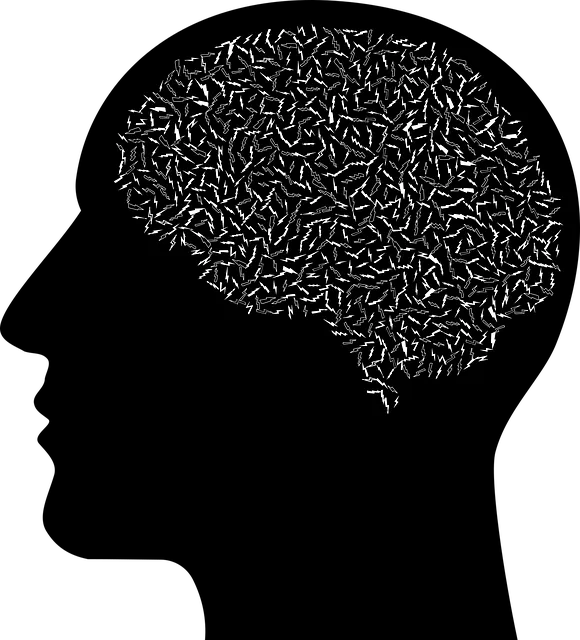
Creating a safe and supportive environment is paramount when facilitating mental wellness groups. One effective technique involves encouraging open and honest discussions, fostering a sense of community among participants. This can be achieved through structured activities that promote active listening and empathy, such as sharing circles where each member takes turns speaking, ensuring everyone feels heard. Facilitators should also model emotional regulation techniques during these sessions, providing practical tools like mindfulness exercises or cognitive-behavioral strategies to help group members manage their mental health.
Additionally, integrating trauma support services within the group setting can be transformative. Techniques focused on building resilience and boosting confidence are powerful components, especially when tailored to individual needs. By combining these approaches, facilitators can create a dynamic space where members not only gain insights into their mental wellness but also develop practical skills for navigating life’s challenges. Such comprehensive support aligns with what Kaiser offers in Lone Tree, emphasizing the importance of holistic care in promoting overall well-being.
Mental wellness group facilitation plays a pivotal role in fostering supportive communities, especially in areas like Lone Tree where Kaiser provides comprehensive mental health services. By leveraging effective techniques outlined in this article—such as active listening, structured agendas, and peer support—facilitators can create safe spaces for individuals to connect, share experiences, and gain insights. These strategies not only enhance mental wellness but also promote a sense of belonging and resilience among group members. Understanding and implementing these techniques can significantly impact the well-being of individuals seeking support in their communities, including those who benefit from Kaiser’s offerings in Lone Tree.


